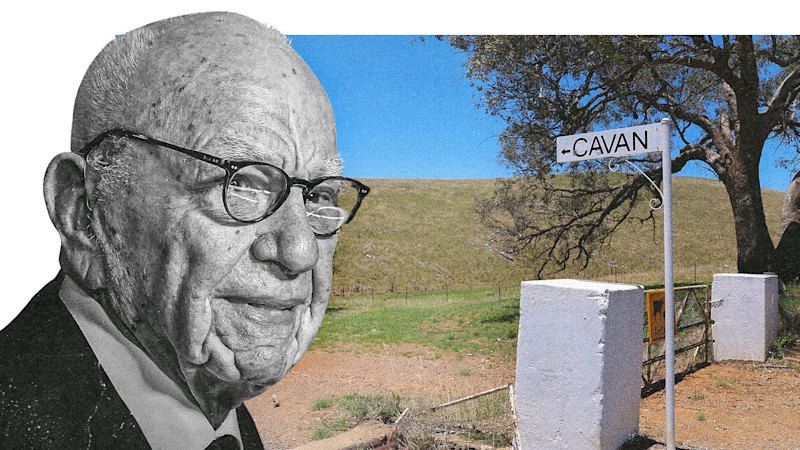
Research led by neuroscientist Yilun Li at the Henan Institute of Science and Technology suggests that listening to uplifting music can significantly alleviate the symptoms of motion sickness. The study indicates that engaging with specific types of music may act as an effective remedy for nausea and dizziness commonly experienced during travel.
In a controlled experiment involving 30 participants, researchers utilized a driving simulator to induce feelings of motion sickness. While wearing an electroencephalograph (EEG) cap to monitor brain activity, participants were divided into six groups. Four groups listened to one minute of music after experiencing nausea, while one group meditated for the same duration, and another concluded the simulation just before symptoms were expected to emerge.
The findings revealed that joyful music reduced symptoms of carsickness by 14 percent compared to the meditation group. Soft music followed closely, alleviating symptoms by 13.4 percent. In contrast, participants who listened to sad music experienced a harder recovery, indicating that not all music genres are equally beneficial in this context.
The results align with previous studies that highlight music’s potential to influence emotional and physical states. For instance, research has shown that preferred music can help mitigate symptoms of visually induced motion sickness, also known as “cybersickness,” from virtual reality devices. Interestingly, while some studies indicate that sad music can uplift mood, others find it may exacerbate discomfort in specific situations.
The EEG data from this study suggests a negative correlation between motion sickness and brain activity in the occipital region, which processes visual information. Participants reporting greater levels of sickness exhibited less complex activity in this area, while improved recovery corresponded with more varied brain activity. The researchers propose that “sad music may exacerbate discomfort through emotional resonance,” whereas cheerful or relaxing music could help maintain a better physical state, enhancing overall comfort.
Published in the journal Frontiers in Human Neuroscience, this study opens the door to exploring music as a possible intervention for motion sickness. Given the findings, incorporating uplifting tunes during travel may provide a simple yet effective method for those prone to nausea and dizziness.





